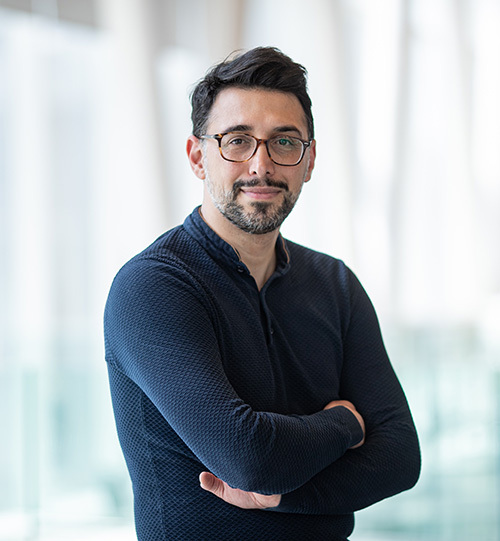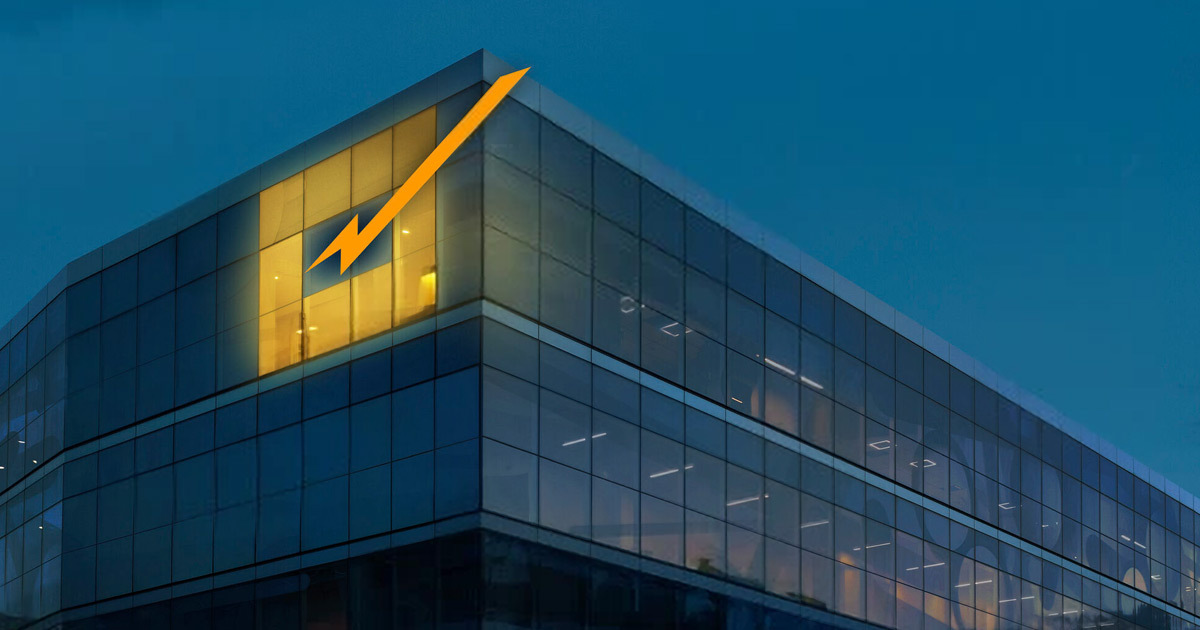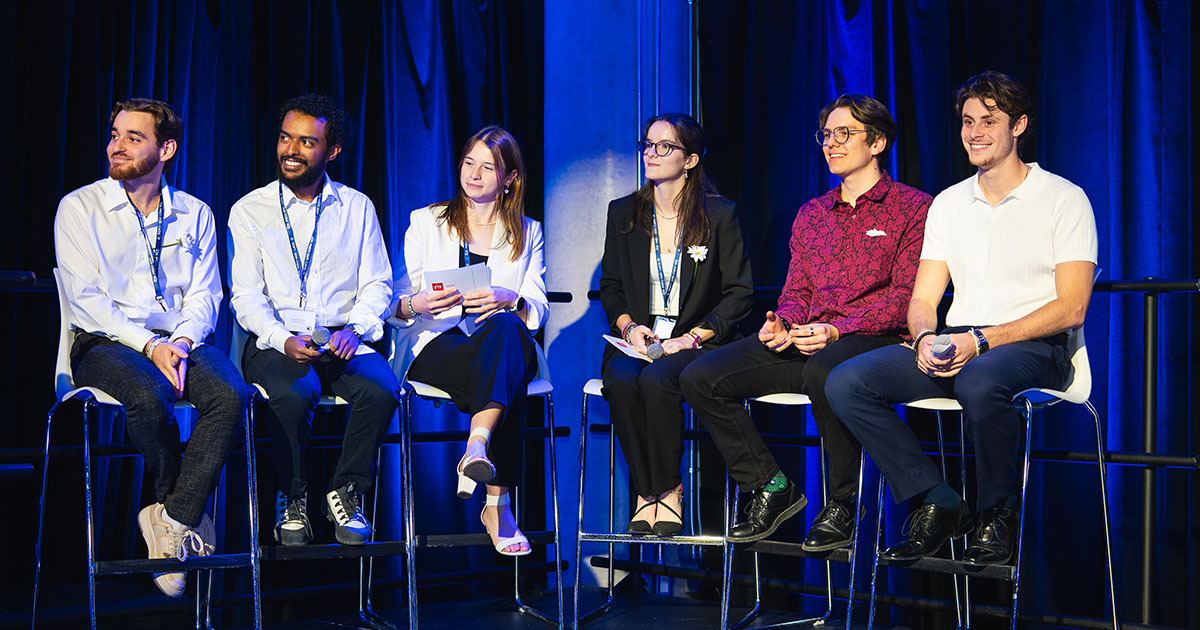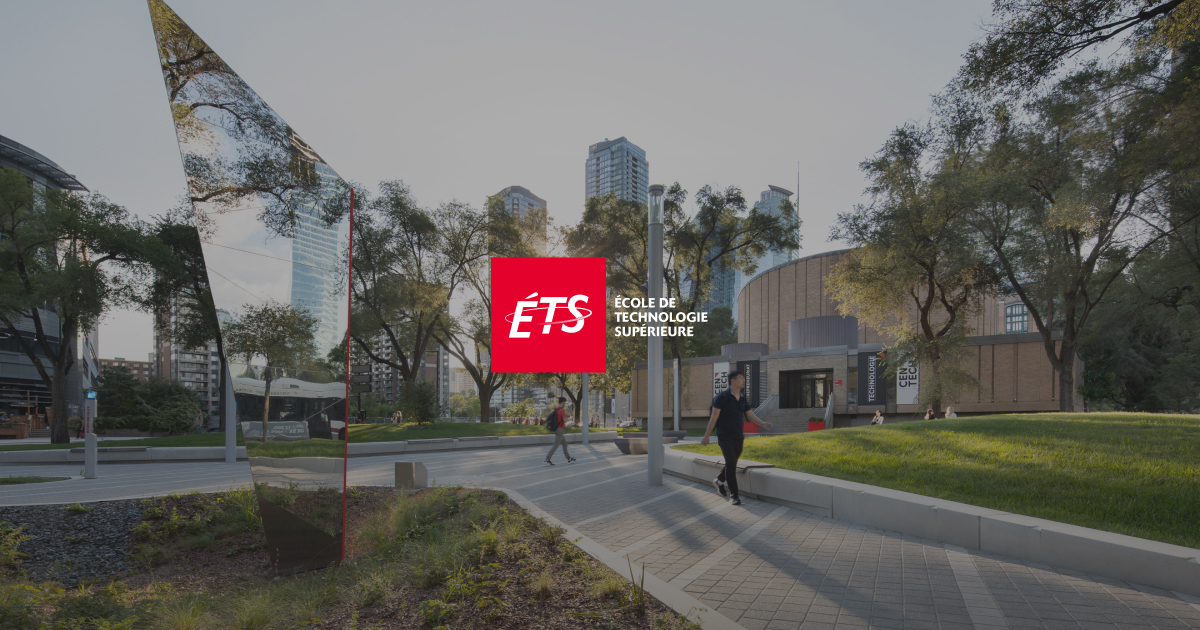Ali Ahmadi, Professor of Mechanical Engineering
Why do objects move and how to control them? In search of answers to these questions, Ali Ahmadi has developed an interest in mechanics since the age of fifteen.
Following his passion, Ali obtained a master’s degree in mechanical engineering from the University of Tehran in 2007, and four years later, his PhD from the University of British Columbia. The topic of Ahmadi’s doctorate thesis was “Electrohydrodynamic modeling of microdroplet motion in digital microfluidic systems.”
Chalk as a Career Trigger
Ali Ahmadi’s professional future was defined in a rather odd way. One day, after classes at the University of Tehran, he saw his famous prof, Dr. Nikkhah. His coat was all covered in chalk, he looked tired but happy.

“This is when I realized: yeah, that’s the career I want to pursue. I want to teach at a university. I want to do research and become a faculty member,” Ali recalls.
Goal Achieved. In 2013, Ahmadi became a research associate and lecturer at the School of Engineering, UBC, and in 2016, assistant professor of the Faculty of Sustainable Design Engineering at the UPEI.
Echoes of Climate Change in Oyster Hearts
Ahmadi grew up by the Caspian Sea and lived on Prince Edward Island. Seeing the impact of climate change on coastal areas prompted him to think about the sustainable aspect of his research. Specifically, the correlation between climate change and the wellbeing of oysters.
At the UPEI, Ali and his peers developed a sensor for monitoring oyster heartbeats. They found out that as soon as oysters experience any change in the salinity or temperature of water, their heartbeat alters. “The change in the water quality is not under our control, but we can monitor its impact on the oysters’ metabolic activity and wellbeing,” he concludes. These research finds are invaluable in increasing the potential of aquaculture.
Technologies for Healthier Living
In May 2022, Ali Ahmadi joined ÉTS as professor in the Department of Mechanical Engineering. “ÉTS offers great opportunities. It is a very industry-oriented institution, and a lot of my research ties in with industry. Also, there are many researchers at ÉTS who find synergies with my projects,” explains Ali.
Ahmadi calls himself a technology developer who targets health problems. He believes that health is the most important societal issue. “If you have a healthy society, everything will fall into place. I hope to be able to contribute to the development of the next generation of health technologies that improve the quality of people’s lives, so that they live healthier and happier.”
Currently, the researcher works in two areas: microfabrication and biofabrication.
In the dust-free environment of clean rooms, Ali Ahmadi and his peers fabricate microdevices for bacterial culture, an excellent source of bioactive compounds and drugs. These devices facilitate drug discoveries through hosting, feeding and culturing bacteria. He aspires to join forces with colleagues from the CHUM Research Center to pursue this research.
In biofabrication, Ahmadi’s fields of research are 3D and 4D bioprinting, where the fourth D refers to time. He has been working on bioprinting technologies that can change materials or constructs after they have been printed. Ali uses two-photon 3D printers and a novel, patent-pending, mist-based mechanism for dispensing biomaterials, which he developed with his students.
Part of his research focuses on finding triggering mechanisms for drug release and methods of delivering medicines into the body at a specific time and location. Just imagine: in the near future, people will no longer worry about forgetting their meds or administering an injection trice daily, because the delivery system will be smart enough to know where and when to deliver the drug.
Teaching or Research: A Difficult Choice
When asked where he sees himself in ten years—teaching or doing research—Ali smiles and sighs: “This is a very tough question.” He really loves both immensely.
Ali confesses that when he enters the lab, he goes into a very happy place and just zones out. The same happens when he walks into a classroom: he only sees his students and forgets everything else.
He considers that his primary responsibility as a professor is to make sure there is something useful for everyone attending his lectures, regardless of their backgrounds.
Ali Ahmadi encourages motivated students to join his research lab. “I am passionate about developing health technologies in a sustainable way. Those who share this passion are welcome to work with me.”
Speaking of Languages and Legacy
Ahmadi speaks Farsi, Mazandarani, English, some Arabic and is learning French to better understand the Quebecois culture. “If you know many languages, you are aware of multiple cultures, multiple ways of thinking. And that helps you with the context of your research,” he affirms.
Professionally, Ali Ahmadi sees training as one of the most important aspects of his work. He considers his students’ success to be his proudest achievement. Ali always asks them to let him know whenever they get a new job, a degree or a promotion, because he really takes joy from that. “I hope this will be my legacy: that I will be remembered as someone who trained very good students".
Communications and student recruitment service (SCRÉ)
Chantal Crevier
Communication Advisor
(514) 396-8800, ext. 7893



